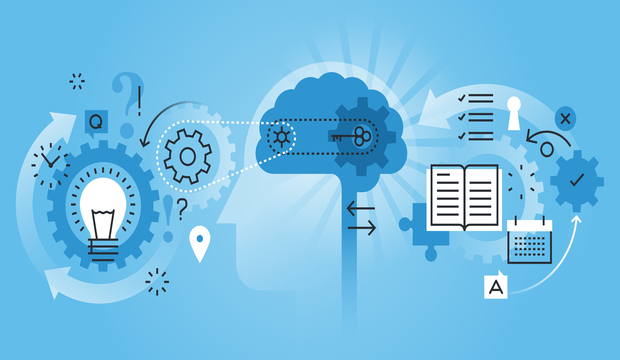PRODUCT DEVELOPMENT

Our product development team offers varied solutions for varied functionalities in your company; HR management, payroll management, Front end sales management and project management. Apart from the above-said offerings, we customize in accordance with your domain, for example if your company is into offering manpower services, we automate your domain work in area of resume handling, applicant’s management, MOFA and visa regulations management, courier and ticketing management, payment modules and thus a complete end to end solution for your needs.
The creation of products with new or different characteristics that offer new or additional benefits to the customer. Product development may involve modification of an existing product or its presentation, or formulation of an entirely new product that satisfies a newly defined customer want or market niche.
CLOUD AND IOT
The Internet of things (IoT) is the inter-networking of physical devices, vehicles (also referred to as "connected devices" and "smart devices"), buildings, and other items embedded with electronics, software, sensors, actuators, and network connectivity which enable these objects to collect and exchange data. The IoT allows objects to be sensed or controlled remotely across existing network infrastructure, creating opportunities for more direct integration of the physical world into computer-based systems, and resulting in improved efficiency, accuracy and economic benefit in addition to reduced human intervention. When IoT is augmented with sensors and actuators, the technology becomes an instance of the more general class of cyber-physical systems, which also encompasses technologies such as smart grids, virtual power plants, smart homes, intelligent transportation and smart cities. Each thing is uniquely identifiable through its embedded computing system but is able to interoperate within the existing Internet infrastructure. Experts estimate that the IoT will consist of about 30 billion objects by 2020

Analytics

Analytics is the discovery, interpretation, and communication of meaningful patterns in data. Especially valuable in areas rich with recorded information, analytics relies on the simultaneous application of statistics, computer programming and operations research to quantify performance. Organizations may apply analytics to business data to describe, predict, and improve business performance. Specifically, areas within analytics include predictive analytics, prescriptive analytics, enterprise decision management, retail analytics, store assortment and stock-keeping unit optimization, marketing optimization and marketing mix modeling, web analytics, sales force sizing and optimization, price and promotion modeling, predictive science, credit risk analysis, and fraud analytics. Since analytics can require extensive computation (see big data), the algorithms and software used for analytics harness the most current methods in computer science, statistics, and mathematics.
Mobile
Mobile technology is the technology used for cellular communication. Mobile code division multiple access (CDMA) technology has evolved rapidly over the past few years. Since the start of this millennium, a standard mobile device has gone from being no more than a simple two-way pager to being a mobile phone, GPS navigation device, an embedded web browser and instant messaging client, and a handheld game console. Many experts argue that the future of computer technology rests in mobile computing with wireless networking. Mobile computing by way of tablet computers are becoming more popular. Tablets are available on the 3G and 4G networks

Social

Social technology is applying technology for specific social purposes: to ease social procedures via social software and social hardware, which might include the use of computers and information technology for governmental procedures, etc. It has historically referred to two meanings: as a term related to social engineering, a meaning that began in the 19th century, and as a description of social software, a meaning that began in the early 21st century Social technology is applying technology for specific social purposes: to ease social procedures via social software and social hardware, which might include the use of computers and information technology for governmental procedures, etc. It has historically referred to two meanings: as a term related to social engineering, a meaning that began in the 19th century, and as a description of social software, a meaning that began in the early 21st century
Security
Security is the degree of resistance to, or protection from, harm. It applies to any vulnerable and/or valuable asset, such as a person, dwelling, community, item, nation, or organization. As noted by the Institute for Security and Open Methodologies (ISECOM) in the OSSTMM 3, security provides "a form of protection where a separation is created between the assets and the threat." These separations are generically called "controls," and sometimes include changes to the asset or the threat. One of the most important and widespread aspects of security is national security. National security is a concept that a government, along with its parliaments, should protect the state and its citizens against all kind of "national" crises through a variety of power projections, such as political power, diplomacy, economic power, military might, and so on.
